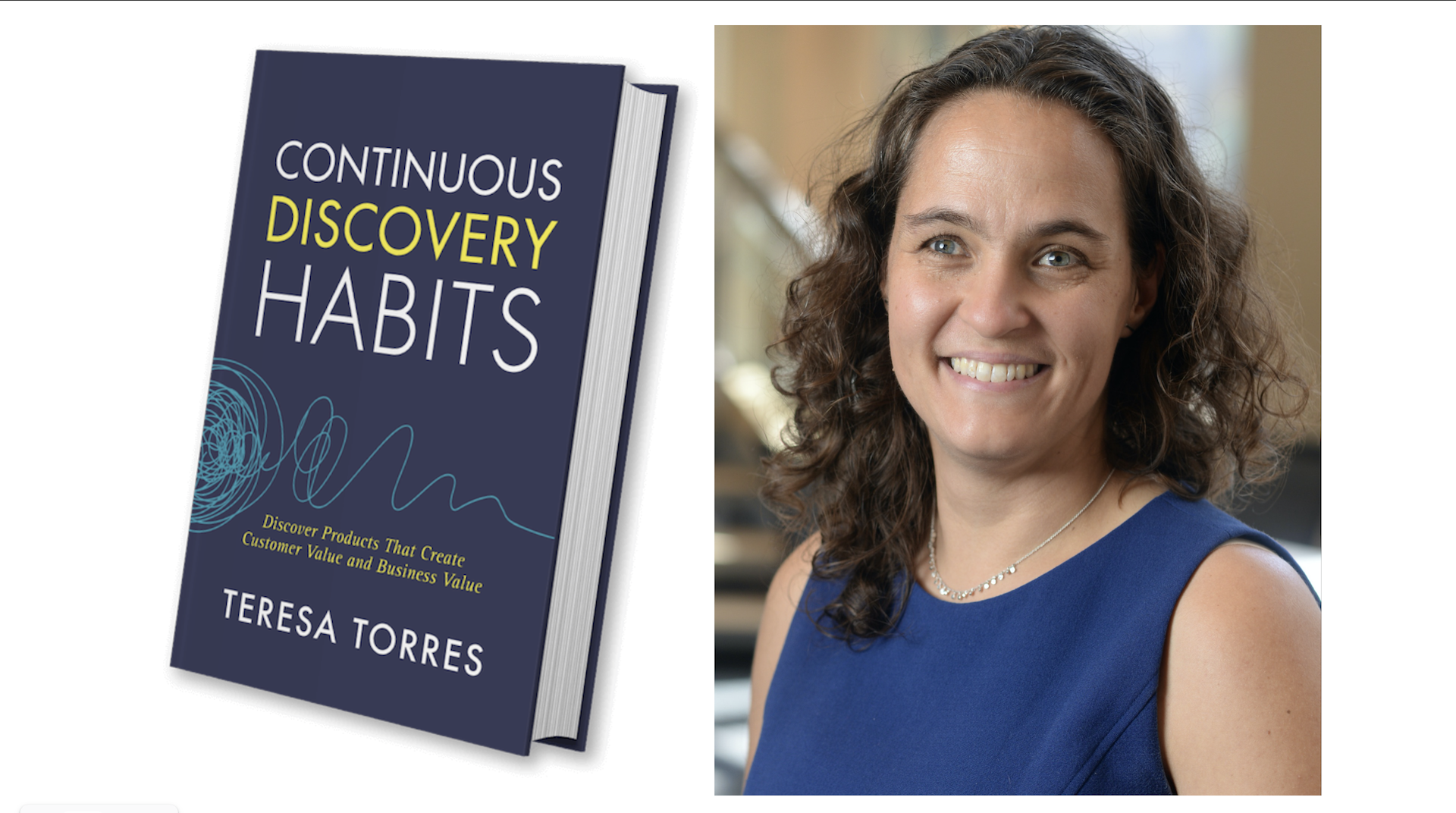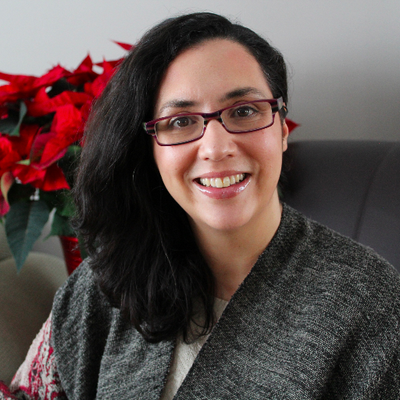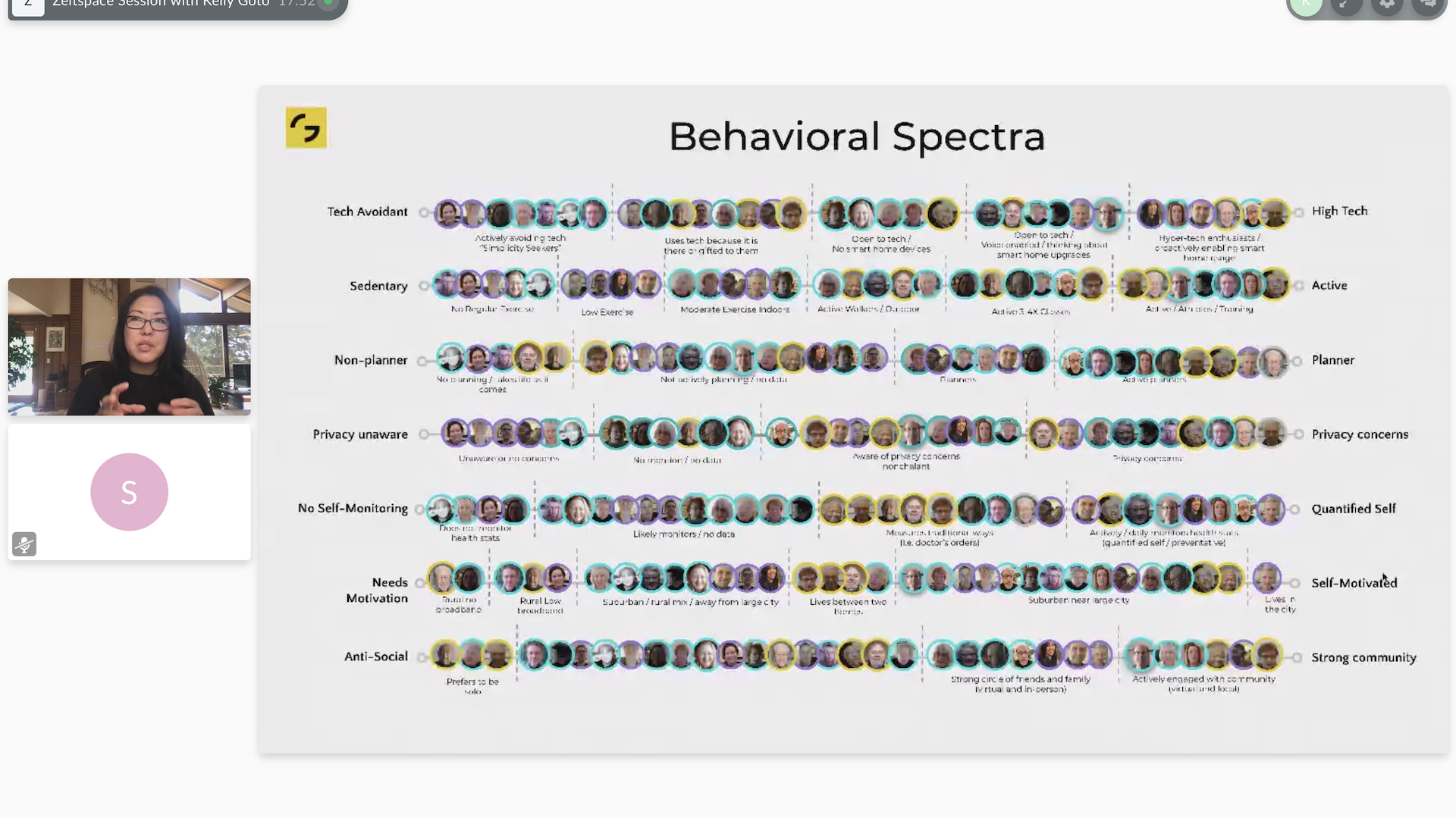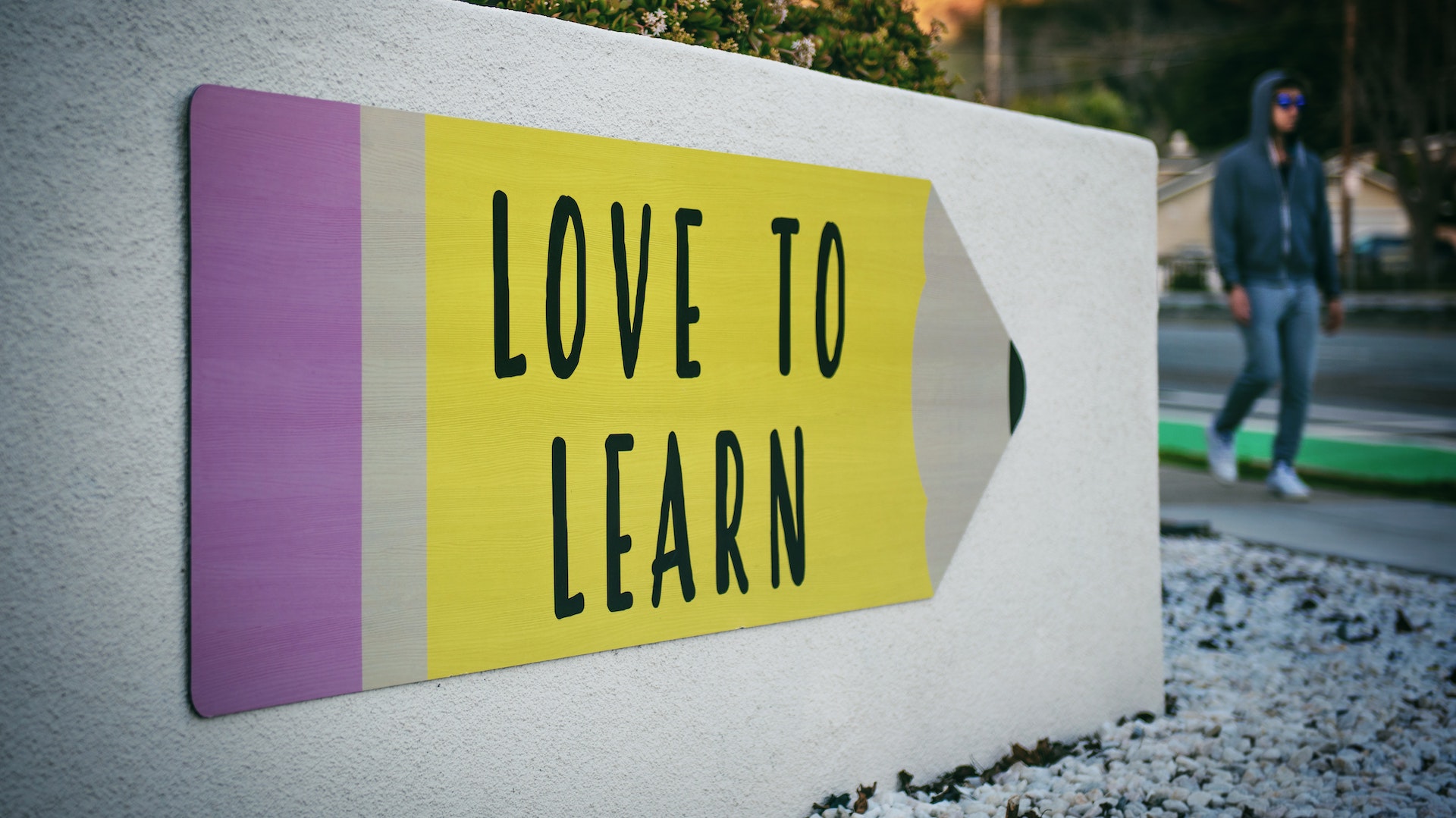Most companies don’t talk to customers every week. But they should.
In order for products to successfully meet the desired outcomes of customers, product teams need to spend more time with their customers. Sounds simple enough right? And yet, so many product teams don’t.
But the best product teams are shifting to a continuous mindset, said Teresa Torres, who wrote Continuous Discovery Habits. They don’t just do research to kick off a project, they do one small research activity every week. That means that when they need to make decisions, they can do so with the latest data available and ask: Based on everything we know today, what’s the best decision we can make? It’s a powerful way to work and Torres is joining ProductTank Waterloo June 11 to talk about it. She’ll also discuss the key differences between project-based discovery and continuous discovery so your team has a clear benchmark to aspire to.
Ahead of her talk, she answered some questions about what inspired her new book, why product managers need to adopt a continuous mindset, and more.
You have a new book that’s just come out, Continuous Discovery Habits, that’s the result of your work for the past eight years. Why was it important for you to write this book?
I was seeing week-over-week the impact teams were having when they adopted the habits described in the book and I wanted more people to have access to the same methods.
Your talk at ProductTank Waterloo is about how product managers need to adopt a continuous mindset. Why do you think that’s so important for product managers?
Product people suffer from what's known as the "curse of knowledge." We know our products inside and out. We forget that our customers don't have this depth of knowledge about our products. The "curse of knowledge" is a bias where it's hard for us to remember what it was like before we had our knowledge. So we forget what it's like to view our product from our customer's perspective.
That means every day as we make decisions about how the product should work, we are making them from our perspective, not our customers. The more frequently product teams engage with customers, the more likely they'll be exposed to this gap between how the team thinks about the product and how their customers' think about the product and they'll remember to work to close that gap.
I’m interested in the idea of product trios that you introduce us to. Where did that idea come from? What’s been the response when you introduce it to clients?
It's not a new idea. Some of the best product companies have long realized that great products are the result of cross-functional collaboration.
As for client response, it depends on where they are in their transformation to becoming a product-led company. Many have already reorganized their teams to work in trios. Others are still working to get there.
How do you sell continuous discovery to a company that might feel like “they don’t have time?”
Companies don't have time to build the wrong product. The beauty of continuous discovery is that it takes less time each week than product-based discovery. Even starting with just one customer conversation each week has a big impact on results.
What have you seen from companies that you’ve worked with that have made the time for continuous discovery? How have their product discovery processes improved?
When teams adopt a continuous cadence to their discovery work they make better bets. They build products that create more customer value and more business value.
I’m interested in the idea of drawing (vs writing) interpretations of what user’s have said. Why do you advocate for that? What makes it so powerful?
Drawing forces a clarity of thought that we don't get with language. Language is vague. Drawing is specific. It helps us recognize patterns and gaps in our thinking.
Sign up to hear Teresa talk more about why it's so crucial for product managers to adopt a continuous mindset at ProductTank Waterloo June 11.

